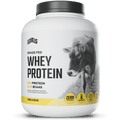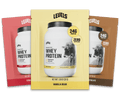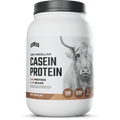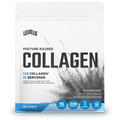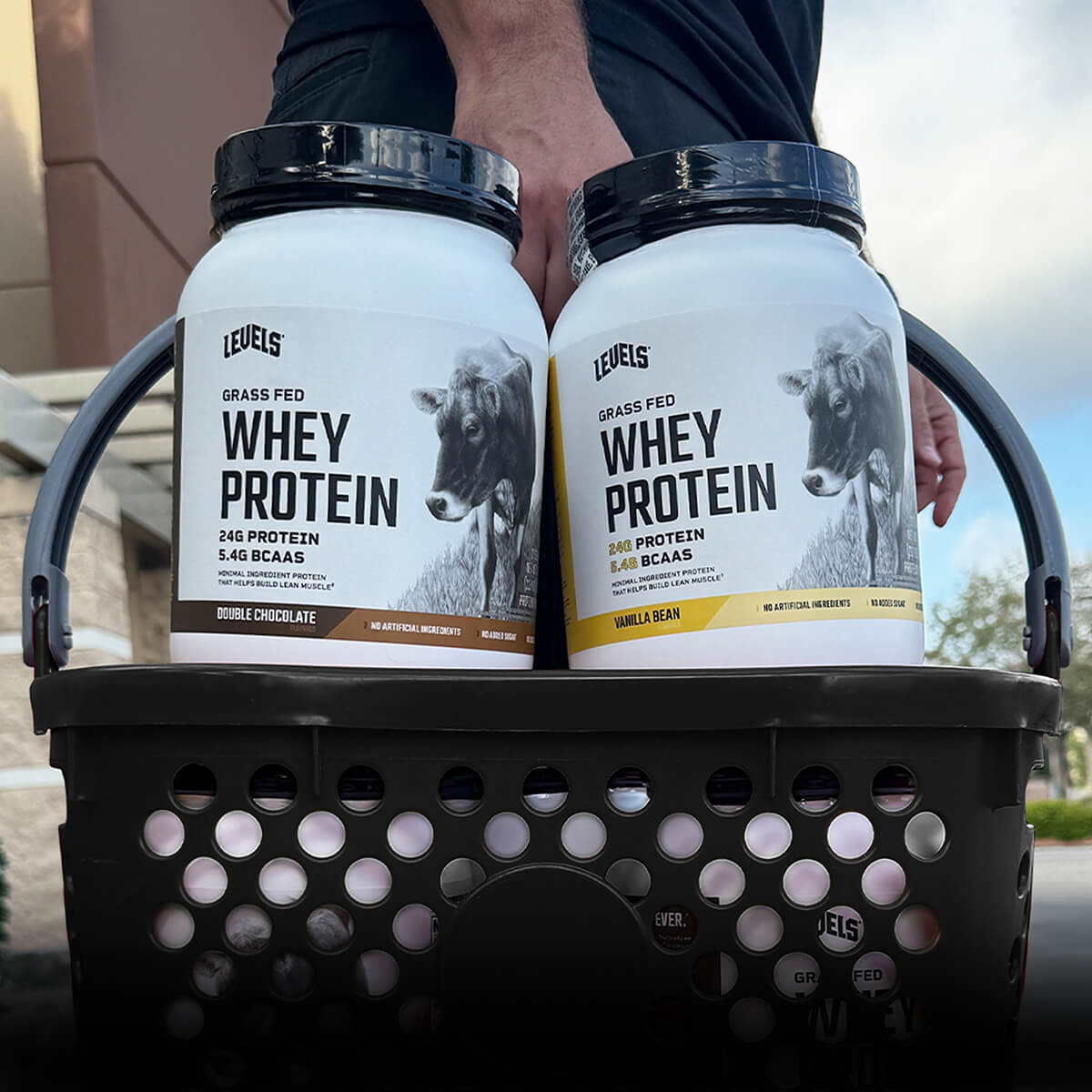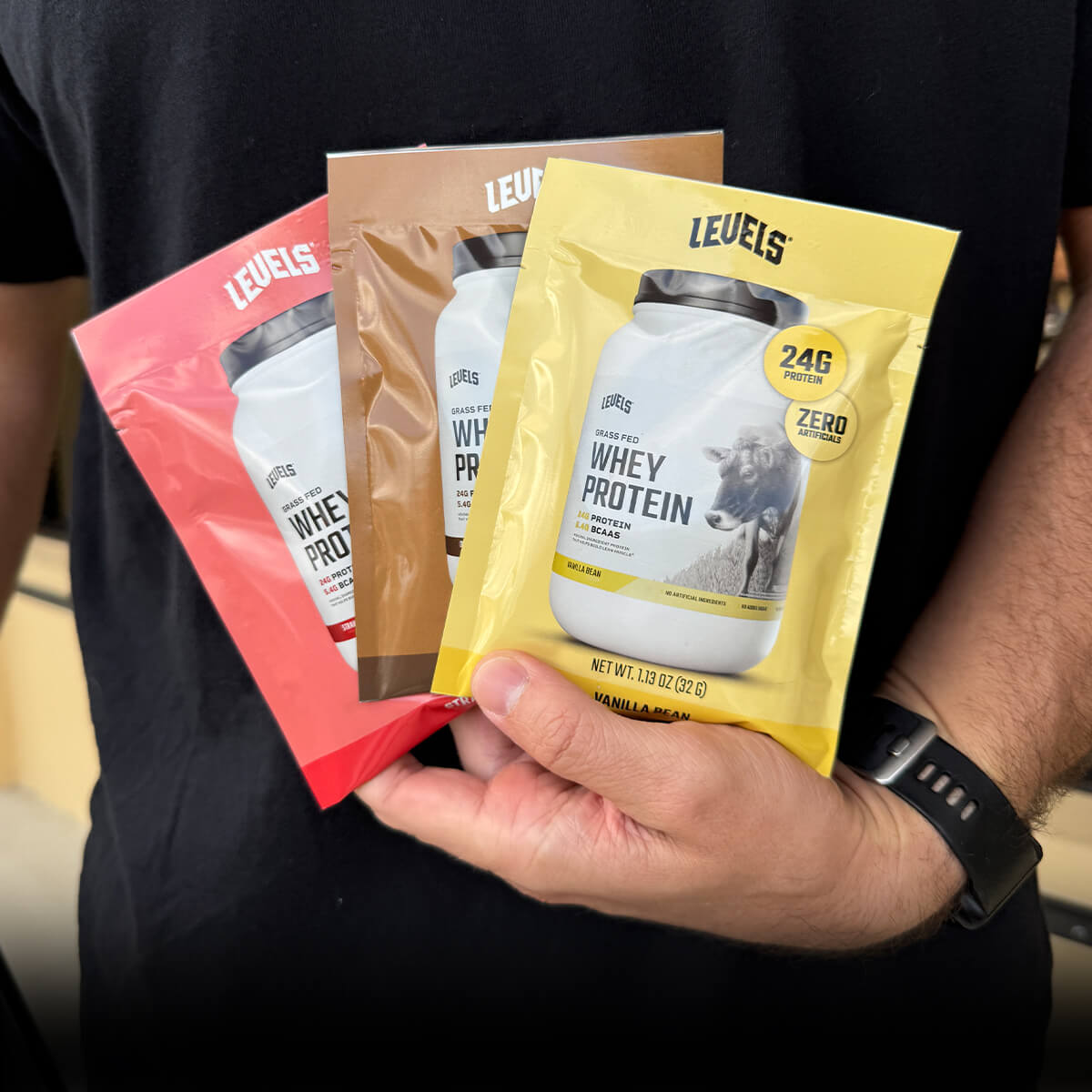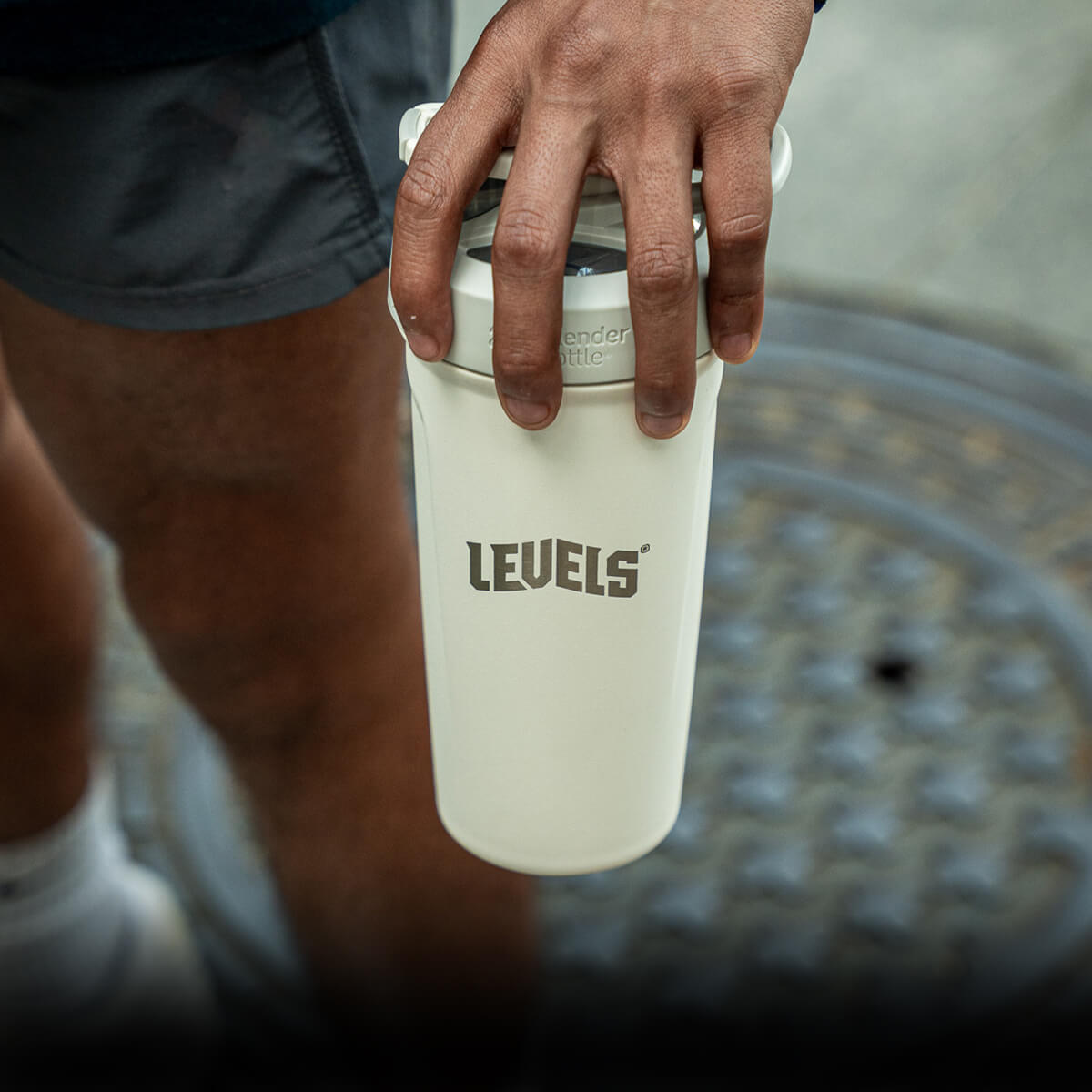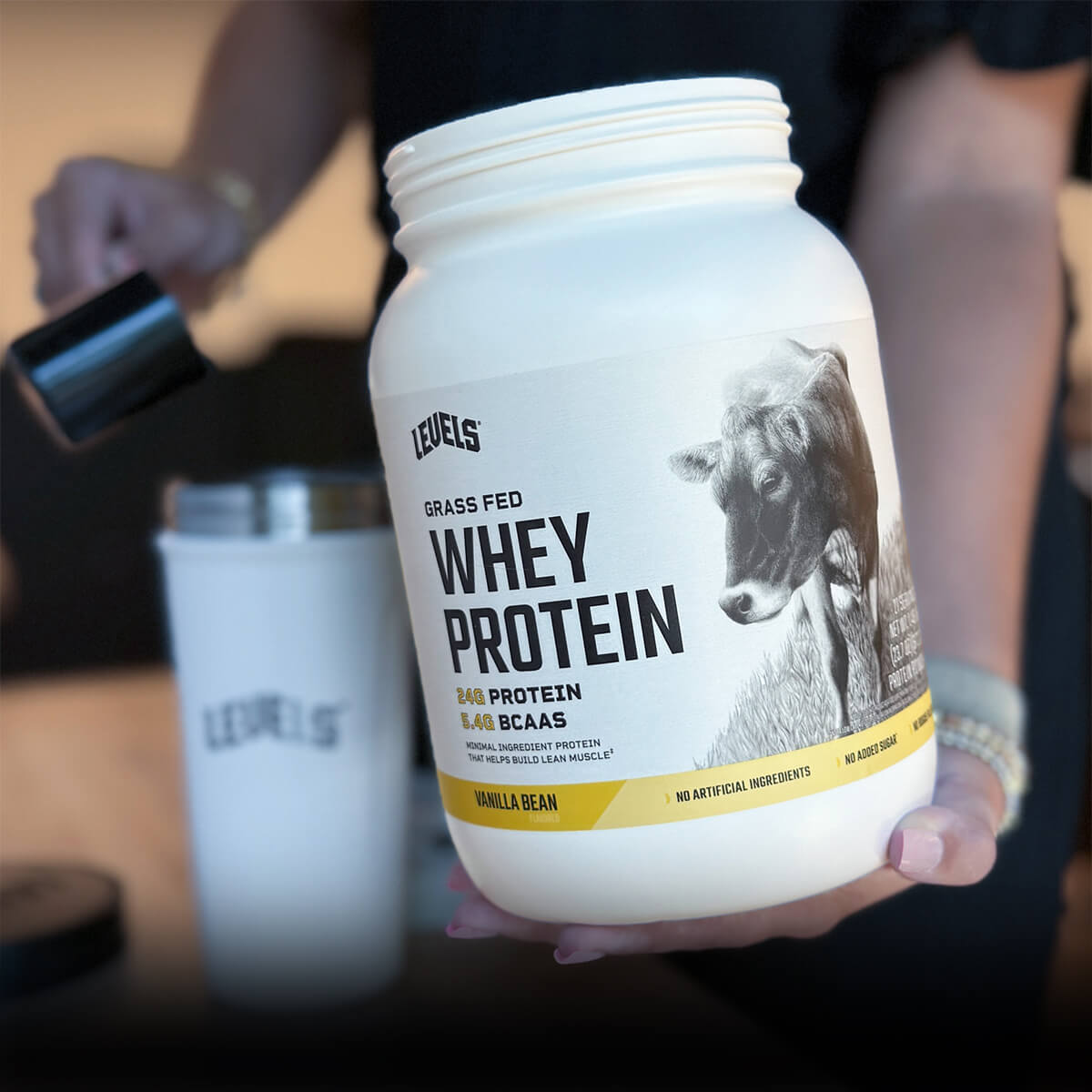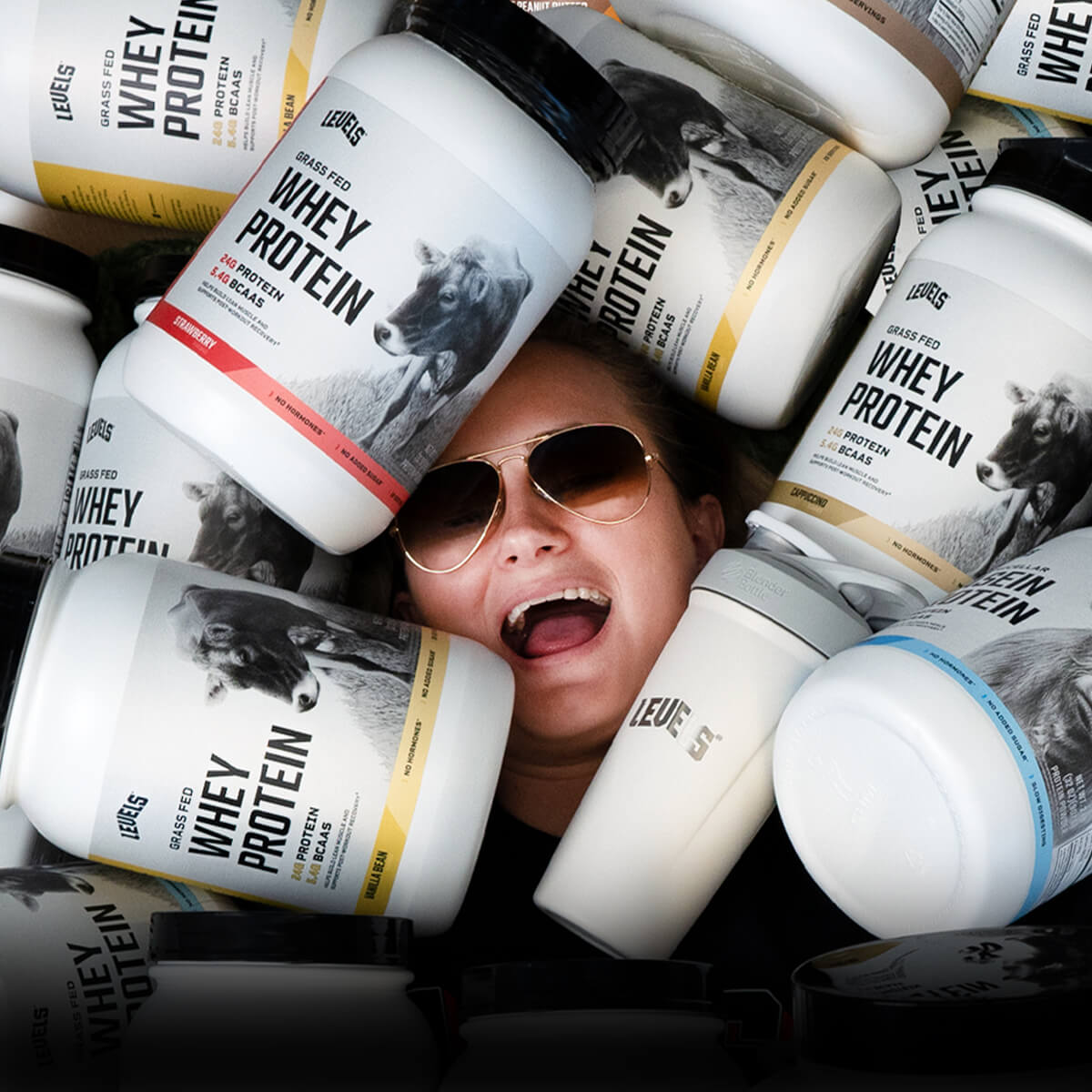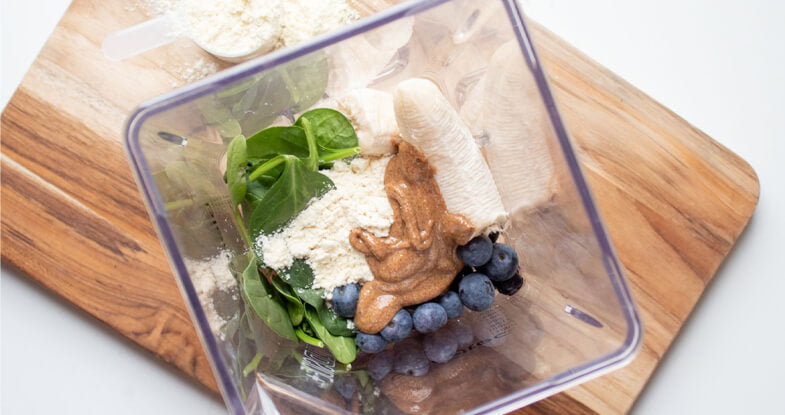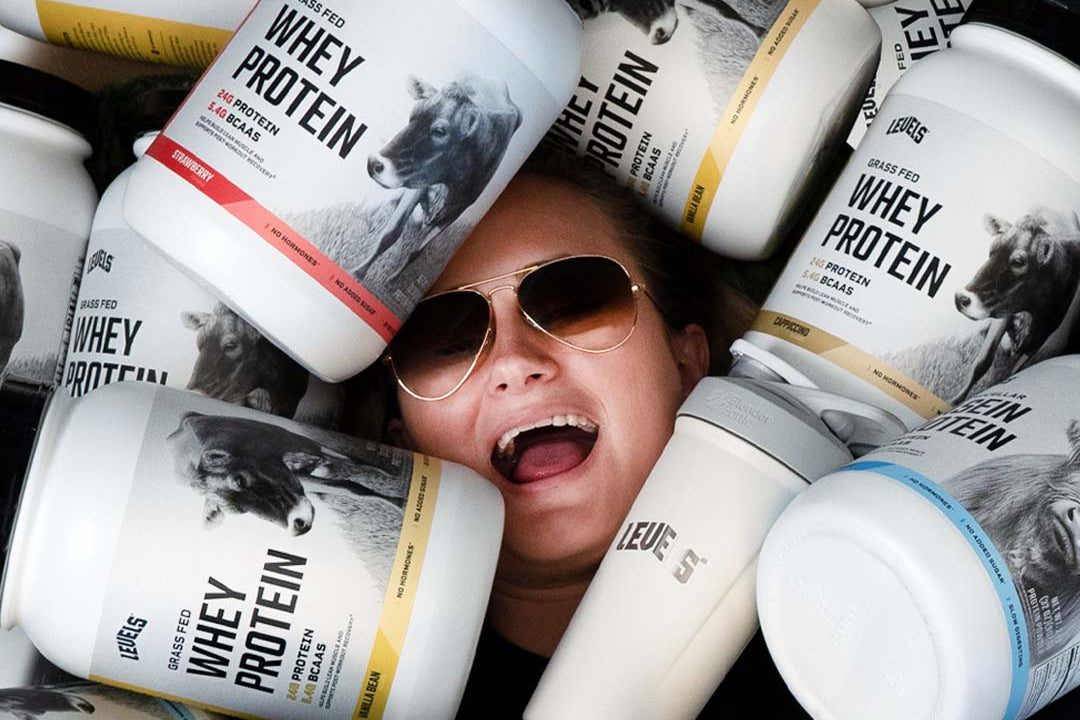Proteins are the building blocks for muscle repair, hair growth, and healthy functioning organs. Eating foods high in protein for each meal can help you increase muscle mass and strength, boost energy, and lean out. In addition, these foods can help you to feel full longer, leaving you less hungry throughout the day. According to the Harvard School of Public Health, the amount of protein you should eat is about 8 grams for every 20 pounds of body weight. Eating a high protein diet will help you to get all the essential amino acids you need for a healthy functioning body. Fuel your healthy lifestyle with these 8 high protein foods and reach your goals:
Oats are loaded with fiber and vitamins like magnesium and Vitamin B1. In addition to vitamins and mineral content, oats are packed with protein; 1/2 of a cup of raw oats has about 13 grams of protein. Oats are incredibly nutritious and may be beneficial for weight loss and lowering cholesterol. Oats pair well with whey protein to make overnight oats with toppings like berries, bananas, hemp seeds, and granola.
Whey protein is a low calorie and tasty way to get protein intake daily. Free of soy products and with 24 grams of protein per scoop, whey is very effective at building lean muscle mass and providing you with the daily benefits of high-quality protein and BCAA's. Whey comes in different flavors and types that can be taken throughout the day for added benefits. Mixing great with everything from spinach and kale to bananas and nut butter, whey is a great meal replacer for those looking to lose weight and lean out.
Whole eggs are said to be one of the healthiest foods on the planet and for good reason. Loaded with vitamins and healthy fats, whole eggs are a complete protein - one egg has 6 whopping grams of protein and only 78 calories. Besides for building muscle, eggs also contain vitamins that aid in energy production so you are ready to hit the gym after lunch. Eggs can be added to sandwiches, salads, and paired with homemade mayonnaise for egg salad.
Low in fat and calories, turkey and chicken breast are a staple in the kitchen for those looking for a high protein food source. The protein content in turkey and chicken breast runs between 70-80% of the calories so they are some of the most protein-rich foods out there. Highly versatile, poultry can be added to any meal and seasons amazingly with herbs and spices.
Almond butter is a healthy alternative to peanut butter that is high in Vitamin E, iron, and heart-healthy fats. A serving of 2 tablespoons of almond butter can give you around 7 grams of protein and has beneficial nutrients great for lowering cholesterol and blood pressure. Almond Butter can be combined in smoothies, added into overnight oats, and spread on whole grain bread for a well rounded whole food meal.
With its delicious creamy texture, Greek yogurt is high in protein and nutrients. Seven ounces of non-fat Greek yogurt has about 18-20 grams of protein while full-fat Greek yogurt has more protein, but is higher calories and saturated fat content. A great high protein food, Greek yogurt can be topped with granola and berries or added into a smoothie for extra creaminess.
Lentils are an excellent plant-based protein source for everyone to enjoy. With 1 cup of boiled lentils containing 18 grams of protein, lentils are definitely a high protein food that you do not want to pass up. Since lentils are a complex carbohydrate, they can help to boost your metabolism and promote fat loss. Low in calories and easy to cook, lentils are a very versatile and budget-friendly pantry staple. Add to soups, salads, and as a side dish, lentils are a vegetarian-friendly protein source that you can really get creative with.
Tuna is one of the leanest high protein sources you can find. Fresh tuna has a whopping 26 grams of protein per 3 ounces and since it is low in calories and fat, it is almost a completely pure protein source! Tuna has an impressive amount of antioxidants, vitamins, and minerals like vitamin B12 and niacin. Canned tuna has slightly lower protein content but is still an excellent source of protein when you’re in a pinch. Tuna is a versatile kitchen staple; going well in sandwiches, on salads, and as an entree.
